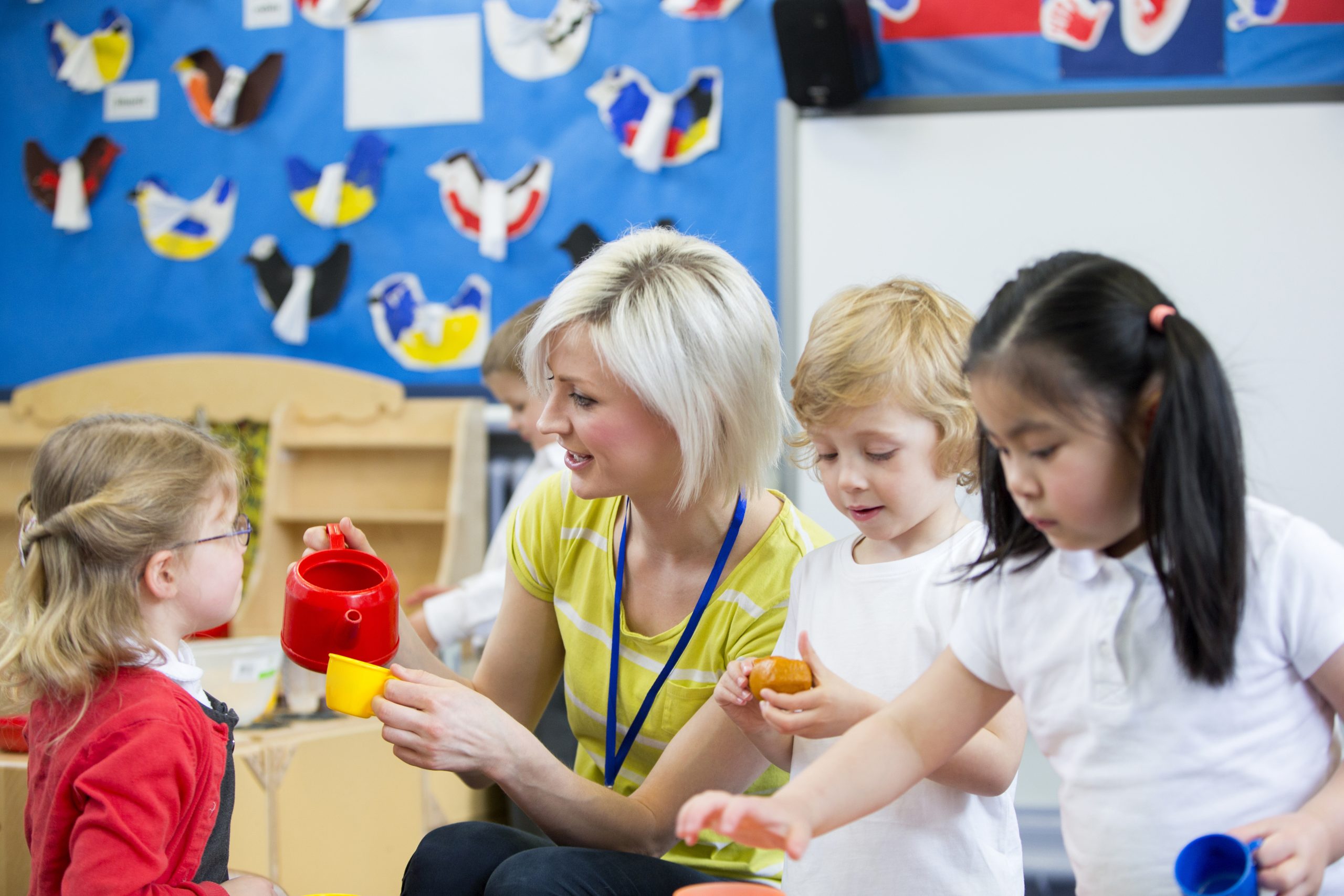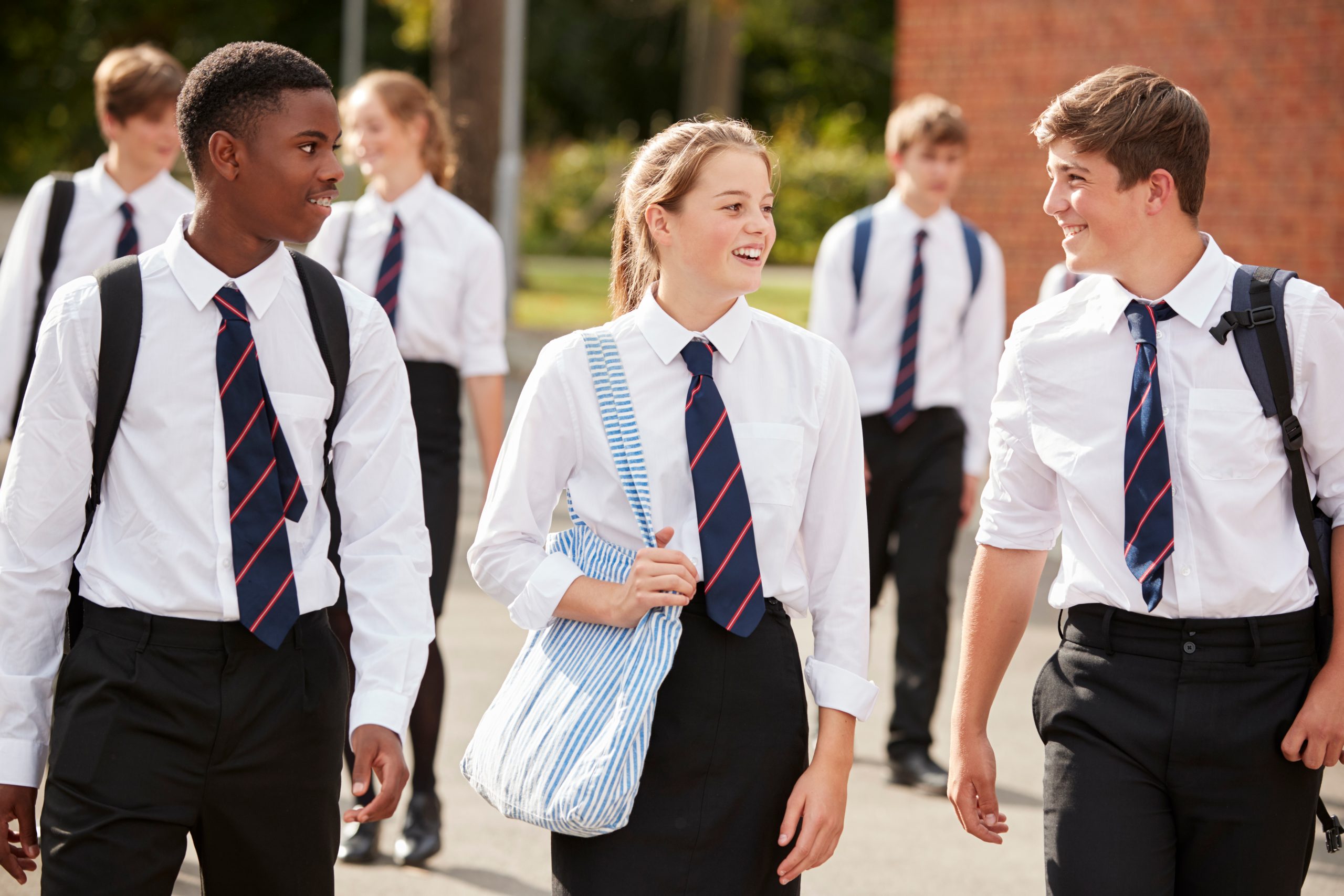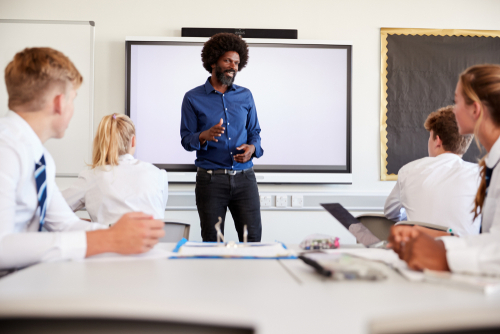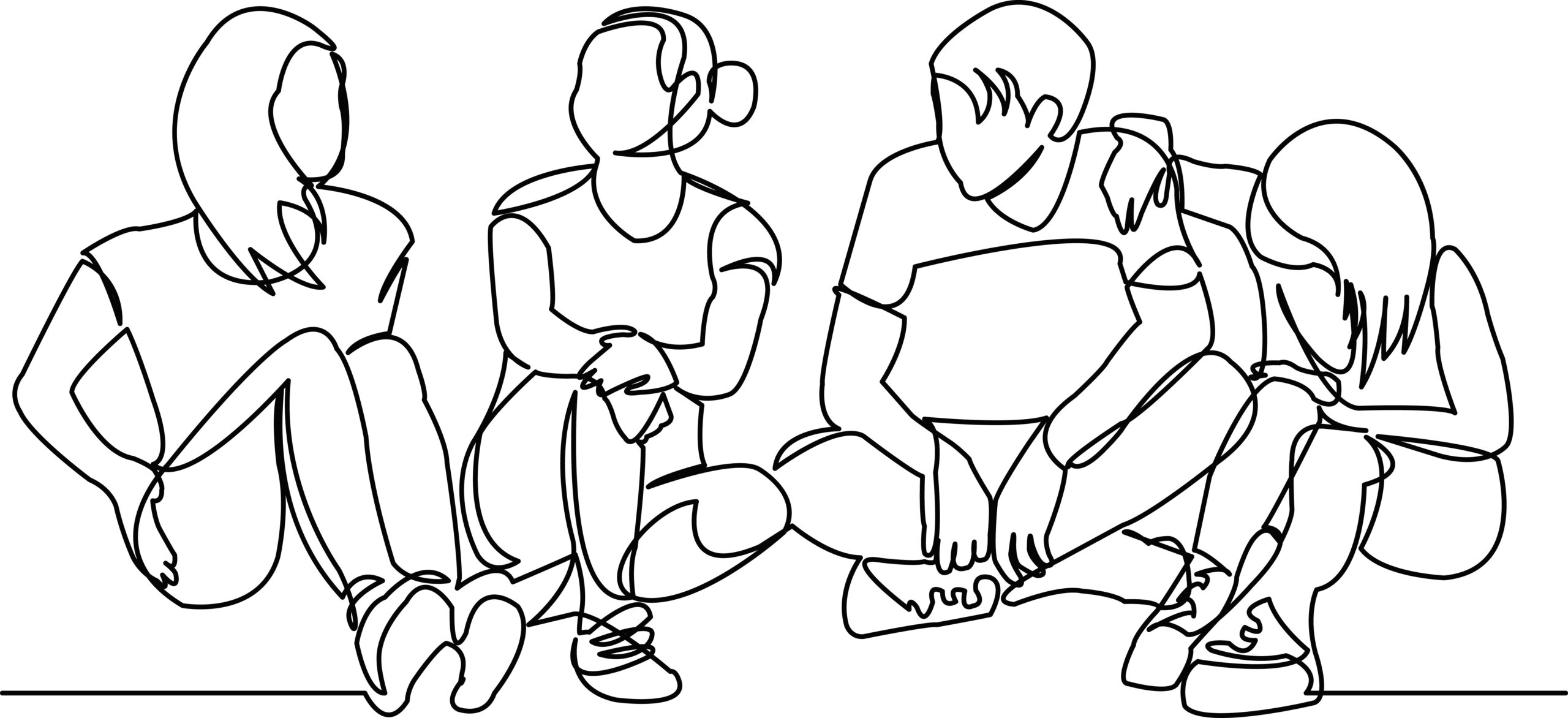Recommendations for how to get back to ‘the new normal’ seem to be everywhere you look nowadays. They roll in like crashing waves: mental health, wellbeing, catch-up programmes, behaviour, discipline.
So, where to begin? How can we as teachers support the emotional wellbeing and emotional education of our students and not just make a token gesture? It can feel overwhelming, especially when your students will have had such varied experiences of home learning, home life, interactions with friends and more.
A person-centred approach
To truly support your students’ emotional wellbeing, I believe we need to take a person-centred approach, rather than falling into the trap of making assumptions. It’s so easy to paint a broad picture of what we think our students need but it’s far better to know.
It is my belief that if we expect our students to explore and get comfortable with their myriad of emotions, we have to consistently do the same – not only as part of our own personal wellbeing, but also as part of our planning process before we teach these emotional health and relationships lessons. Of course, to maintain our professionalism we cannot share our personal issues with students, but it is hugely valuable to find an empathy and understanding around the challenges of really ‘seeing ourselves’ and contemplate the scarier aspects of how to reveal these to others.
Healthy relationships start with the relationship we have with ourselves
When teaching about relationships in RSHE it’s good to remember that having healthy relationships with our friends, co-workers and students must start with the relationship we have with ourselves. For example, if we have very little self-respect and are continually putting ourselves down, pushing ourselves to the limit or refusing to admit or talk to others about our fears and worries how can we expect others to do these things?
So, let’s take a minute to put this into practice right now. How is your self-respect? Do you make sure you rest, eat healthily, drink water throughout the day? Do you speak kindly to yourself? Do you recognise when you need to talk to someone and do it?
If you haven’t had a chance to think about how you are for a while, please spend a moment reflecting now. I recommend doing this regularly; self-reflection is a valuable life skill and knowing the signs of when we are disrespecting ourselves means we can ask for help, and in turn allows us to build empathy and an understanding of others, including our students, who often find it much harder to see and communicate their truths.
Having been through this process of self-reflection and assessment, we can then begin to consider how we might feel about opening up to others in a group context. What might help? What might shut us down? Of course, we are all different, but taking time to consider these things will help us see how we can best support our students as we ask them to do the same.
How do we bring self-reflection into the classroom?
First of all, we start with remembering two equally important elements that are fundamental to every good PSHE/RSHE lesson: creating a working agreement (this is a useful way to establish rules at the beginning of the topic which are then referred back to regularly), and signposting to further support (within school, the community and online).
Then we think about our cohort and suitable activities to engage them. For some classes talking and listening will be familiar but others may need time to get comfortable with the idea of talking and listening openly to each other. Be aware this may not be a Hollywood film style easy flow, ‘kids-pour-their-heart-out-instantly-and-everyone-is-bonded’ experience! But I assure you, if you do this regularly, every day if you can, your pupils will increase their emotional intelligence massively – I have seen this happen.
Alternatively, if this feels a real no-no currently with your class, you could ask them to complete anonymous questionnaires or write on post-it notes and share their feelings that way, then you could share these anonymously back to the class.
Further activities to explore respectful relationships
A more in-depth activity you can do too is from Your Choice for Key Stage 4, my latest co-authored resource with the fab’ Simon Foster. Amongst many topics that address the challenges of being a teenager in the 21st century, one of our lessons explores what respect looks like in a variety of contexts.
Take a closer look at lesson 2.1 ‘Respecting others’ and try it with your class
Reassessing our relationships as we move back out into society, to our ‘new normal’, feels more important than ever. People, and our relationships with them, may well have changed, but bringing self-awareness back to us as individuals will empower us all to acknowledge ourselves, to become aware of our feelings and to talk about them. This in turn will give space for others to do the same and create a stronger sense of self and community. In my book (if you’ll excuse the pun), this can only be a good thing.
Read More







